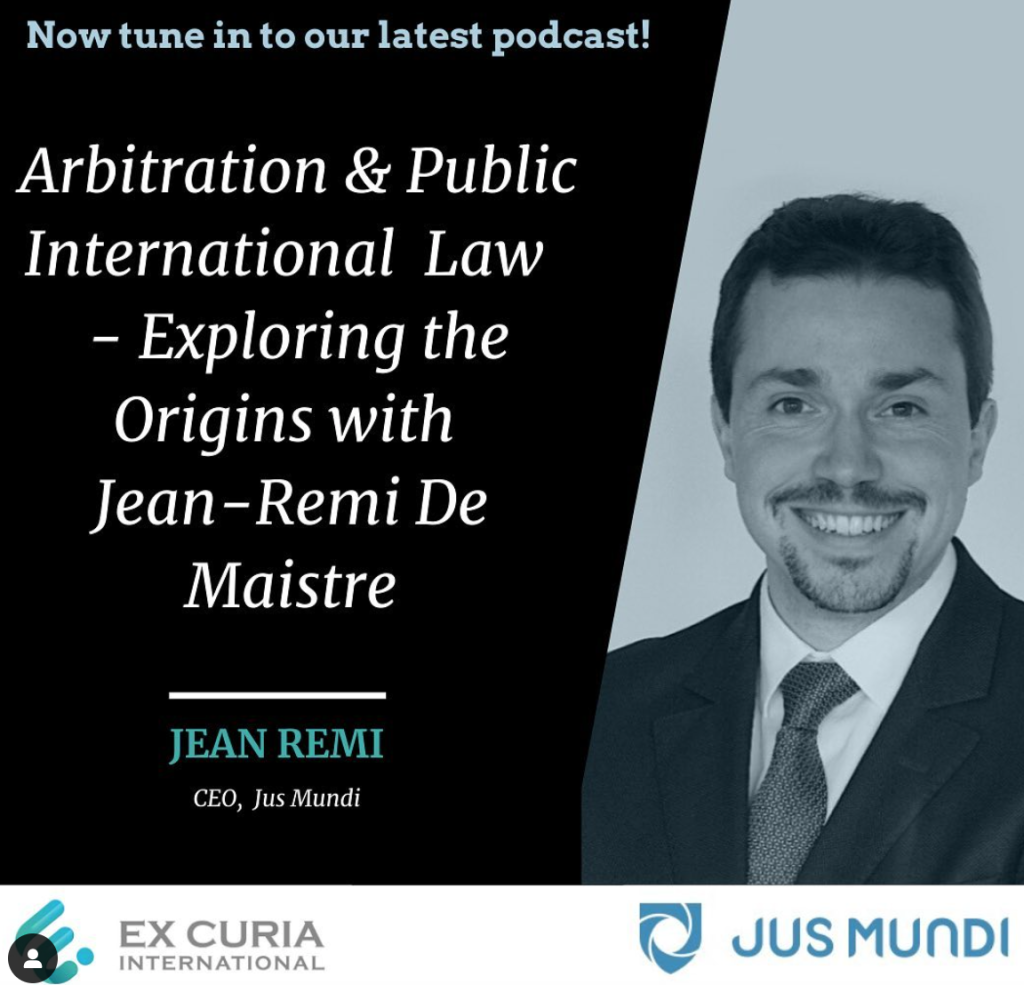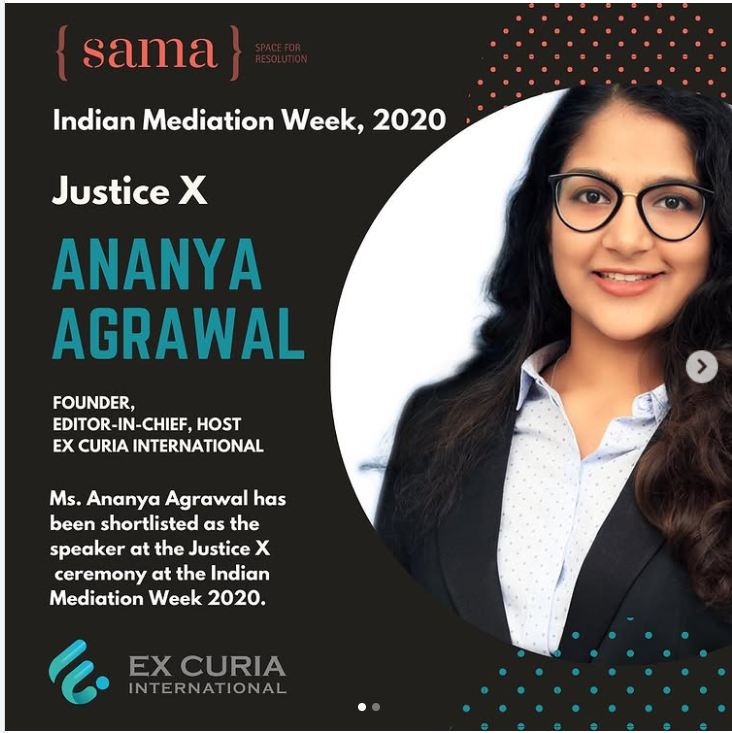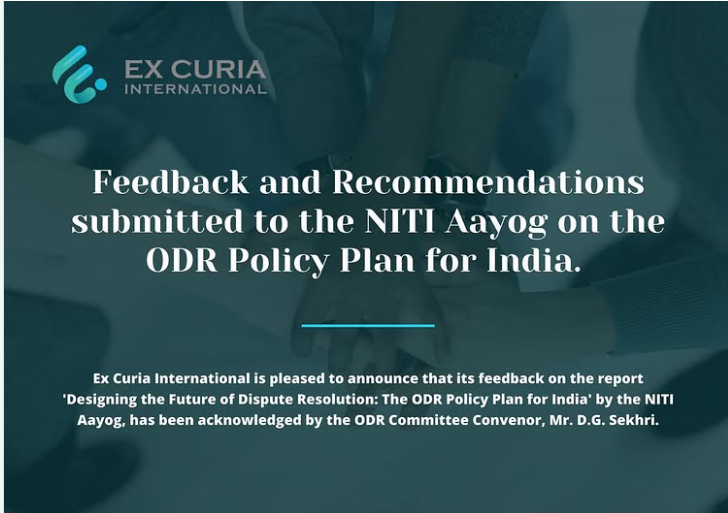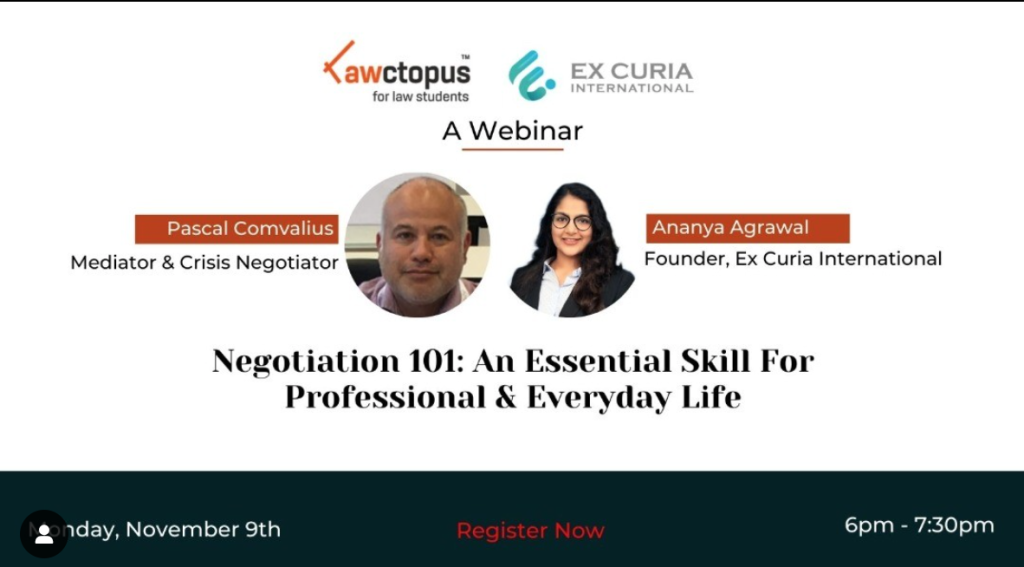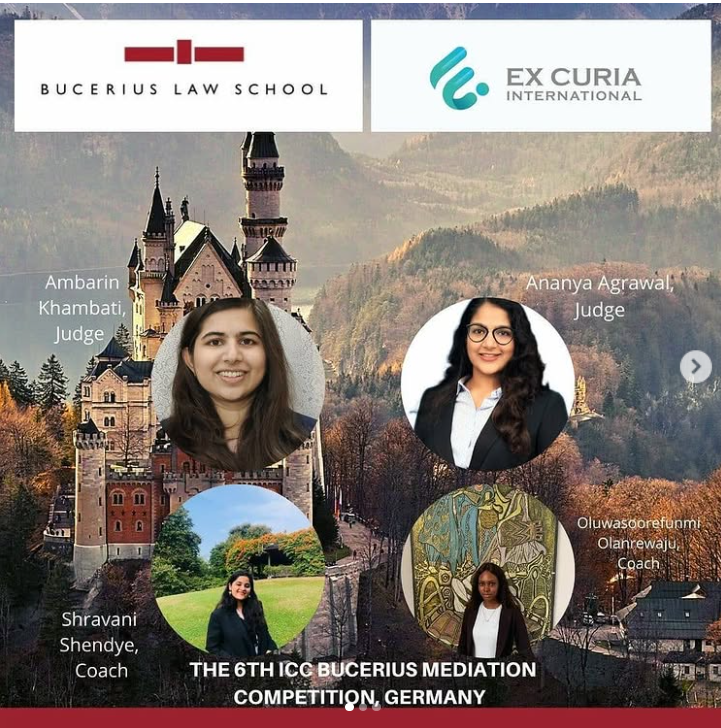LOCAL MEDIATION WITH GLOBAL RULES [English Translation]
*Carlos Vera Quintana[1] With transnational businesses landing at home, with countries constantly signing international agreements that usually impose supra-constitutional rules, and with cooperation and communication platforms that are not affected because of border barriers, it is obvious to think of a system of global alliances for mediation that allow effective use of its benefits on a massive scale, on a daily basis, based on best practices and experiences that are available and that must be applied locally, taking advantage of its global potential. This is precisely what emerges from the work of Ex Curia International, ECI, as a global space for local application that evidently results in benefits in any dispute resolution mechanism, regardless of the jurisdiction involved (often difficult to identify), the applicable rules or scope of action in question. The virtuality accelerated by COVID19 contributes positively to the formation of networks and platforms and the natural transition to adopt, operate and coexist in them. Dispute prevention, through local application international cooperation mechanisms, is a real consequence of coexistence in networks of common interest and of the mutual interaction platforms that many sectors and actors are developing. The global norms of general application are common, through model laws, very feasible in matters of this nature and that are normally promoted by specialized international organizations. Some typical cases are maritime trade or electronic commerce, sectors in which there are model laws that have been extremely useful in the generation of local regulations that share common principles that facilitate processes and that are successfully extended to areas of mediation and arbitration for the resolution of disputes, arbitration, anticipation of conflicts and numerous other important fields of action in which the culture of peace applies and which include mediation in commercial and economic matters, user and consumer issues, resolution of personal, community and social conflicts. Mediation as a proposal for a culture of peace, supported by technological means and in organizations such as ECI, with the support of numerous activists and professionals involved, is heading hastily towards success, with a proposal of massification in matters not only macro but also, and this is where its true potential lies, in everyday issues where, usually due to costs or difficulty of application, it has not had a major application before the possibility of online dispute resolution, ODR. In mediation issues, the generation of local rules based on model rules of global application is of enormous interest and benefit for users and consumers of these systems that require more facilities in accessing extrajudicial processes whose practice and utility are fully proven. We are moving towards a culture of global mediation of local application as a mechanism for the use and massification of the culture of peace and conflict prevention, where technology opens borders once again by creating networks for its successful implementation. [1] Director Ejecutivo, Consumidores Ecuador www.consumidoresecuador.ec [email protected]
LOCAL MEDIATION WITH GLOBAL RULES [English Translation] Read More »

